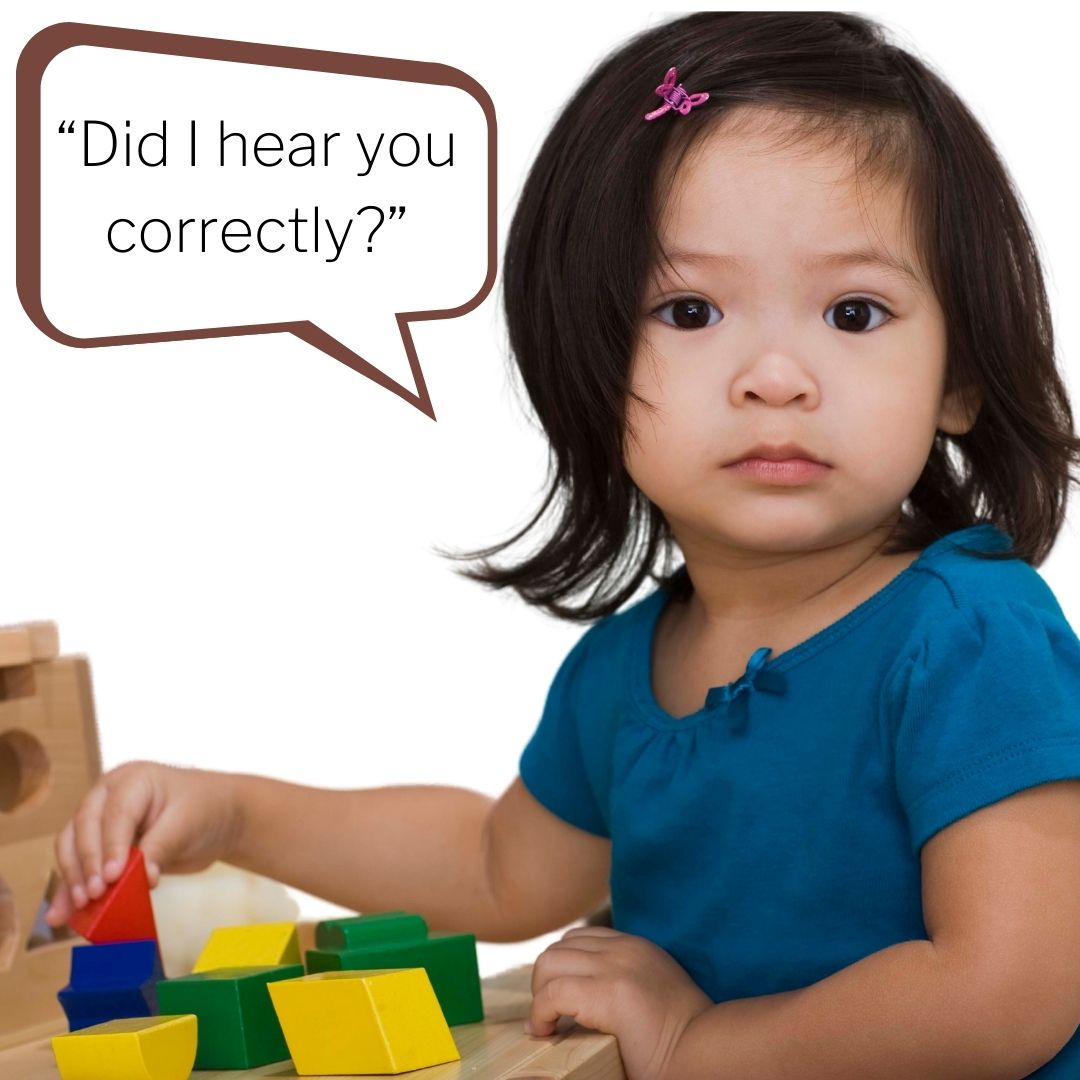
Questions: The Gateway to Knowledge
The key to asking great questions is by being a great listener. If you are listening actively, you will recognize what information you are missing, or what comment requires clarification. Below is a list of some basic types of questions to understand and master.
There is a general distinction between Open Ended Questions – questions that require some thought and more than a yes or no answer, and Close Ended Questions – questions that only require a specific answer or a yes/no answer. This is an important distinction to understand and remember. In the context of managing conflict. open ended questions are utilized for information gathering and close ended questions are used for clarifying concepts or ideas you have heard. Here are examples of these types of questions.
CLARIFYING QUESTIONS (Close Ended Question)
- Is this what you said…?
- Did I hear you say…?
- Did I understand you when you said…?
- Did I hear you correctly when you said…?
- Did I paraphrase what you said correctly?
- So this took place on….?
- So you would like to see…?
INFORMATION GATHERING QUESTIONS (Open Ended Questions)
- If there was one small way that things could be better starting today, what would that be?
- How did you feel when…?
- How could you have handled it differently?
- When did it began?
- When did you first notice…?
- When did that happen?
- Where did this happen?
- What was that all about?
- What happened then?
- What would you like to do about it?
- I want to understand from your perspective, would you please explain further?
- What do you think would make this better going forward?
- What criteria did you use to…?
- What’s another way you might…?
- What resources were used for the project?
A type of question to watch out for is Leading Questions, which provides a direction or answer. An example of this would be, “So you are going to vote for____ for president, aren’t you?” or “What they did is unbelievably, don’t you agree?” These questions can easily be turned into information gathering questions, “Who are you going to vote for this year?” or “What do you this about their behavior?”

